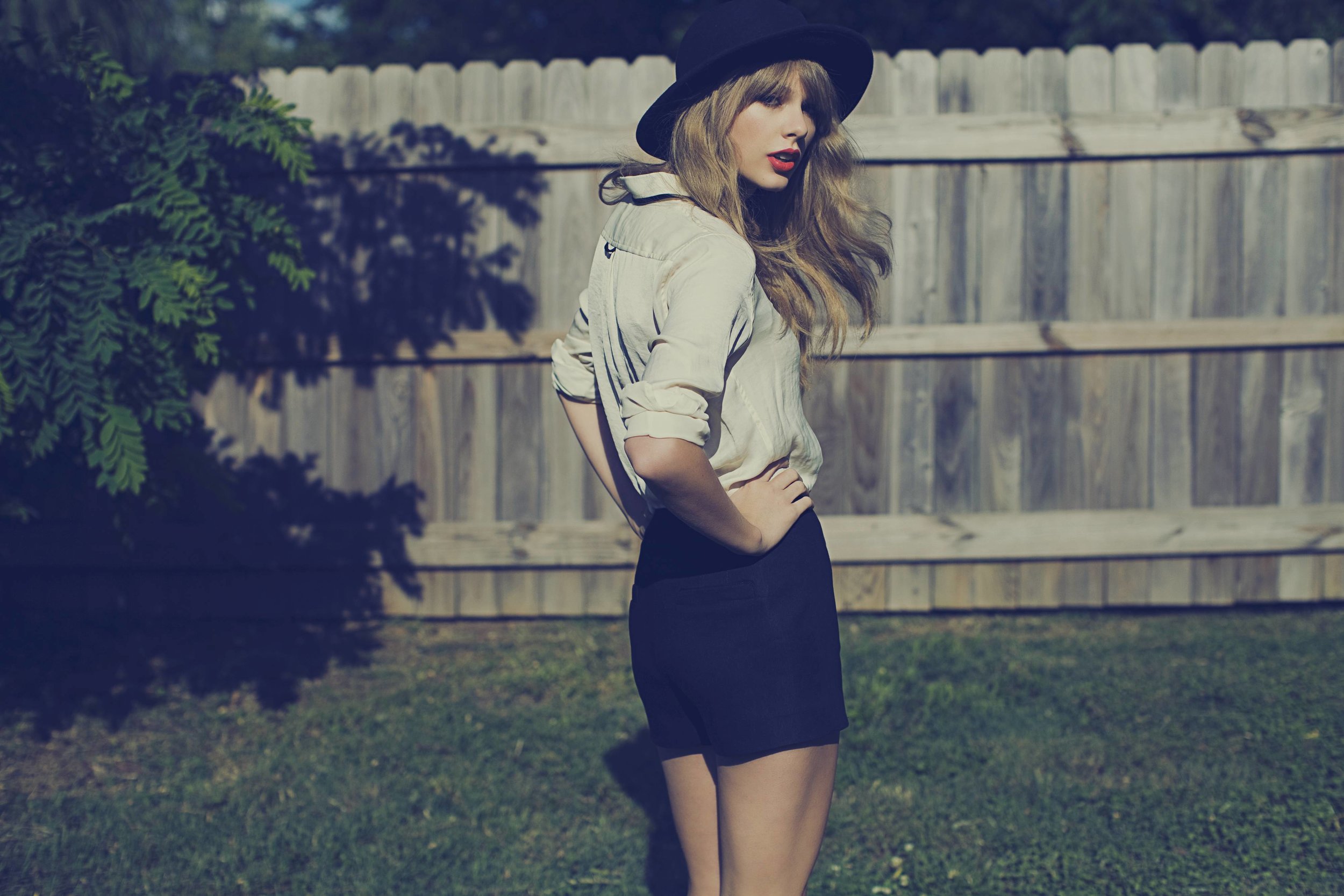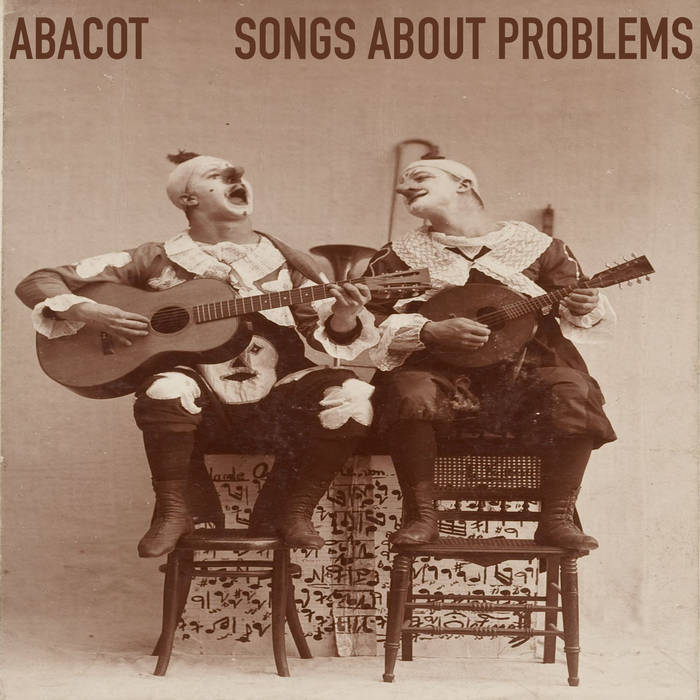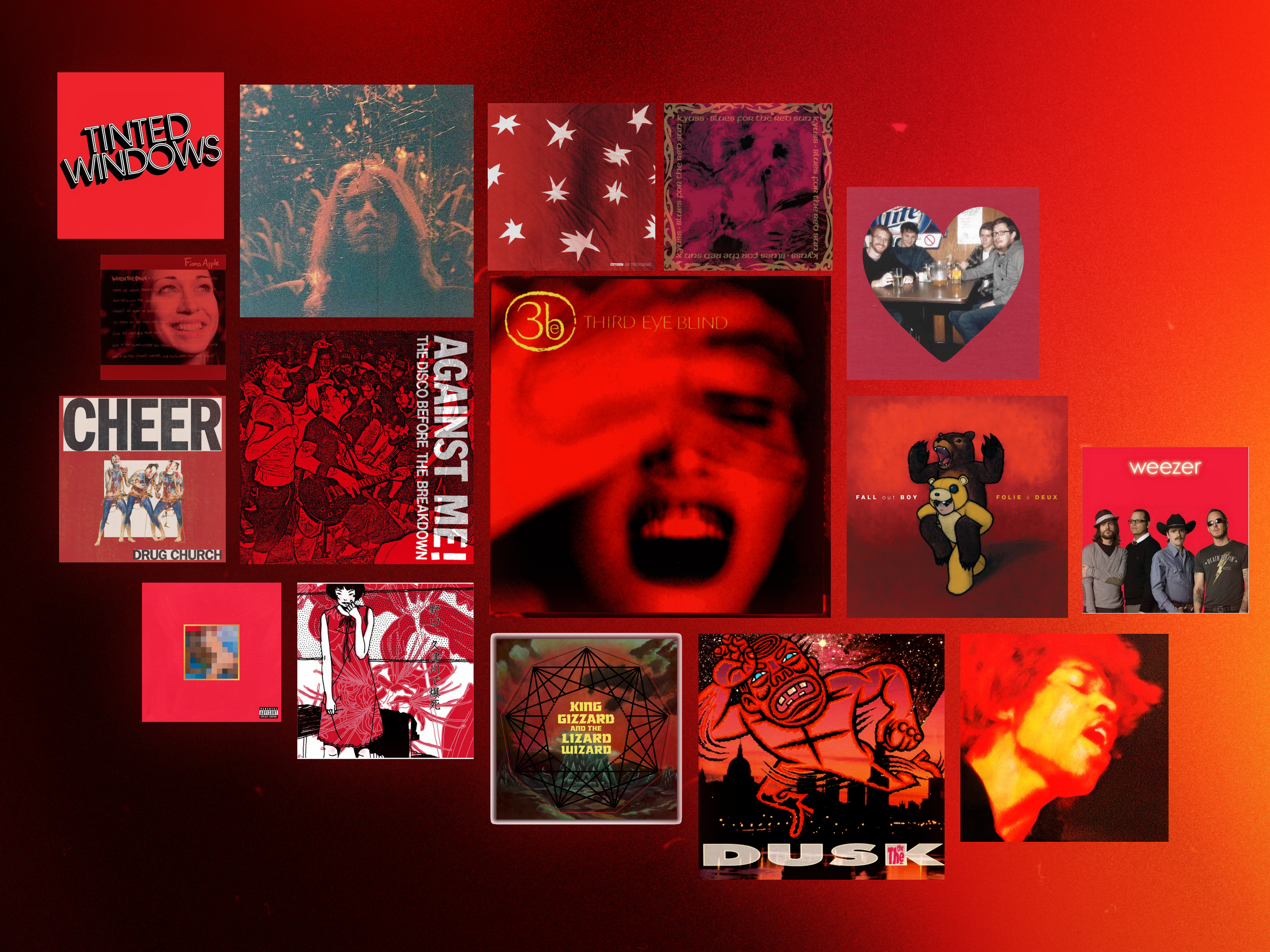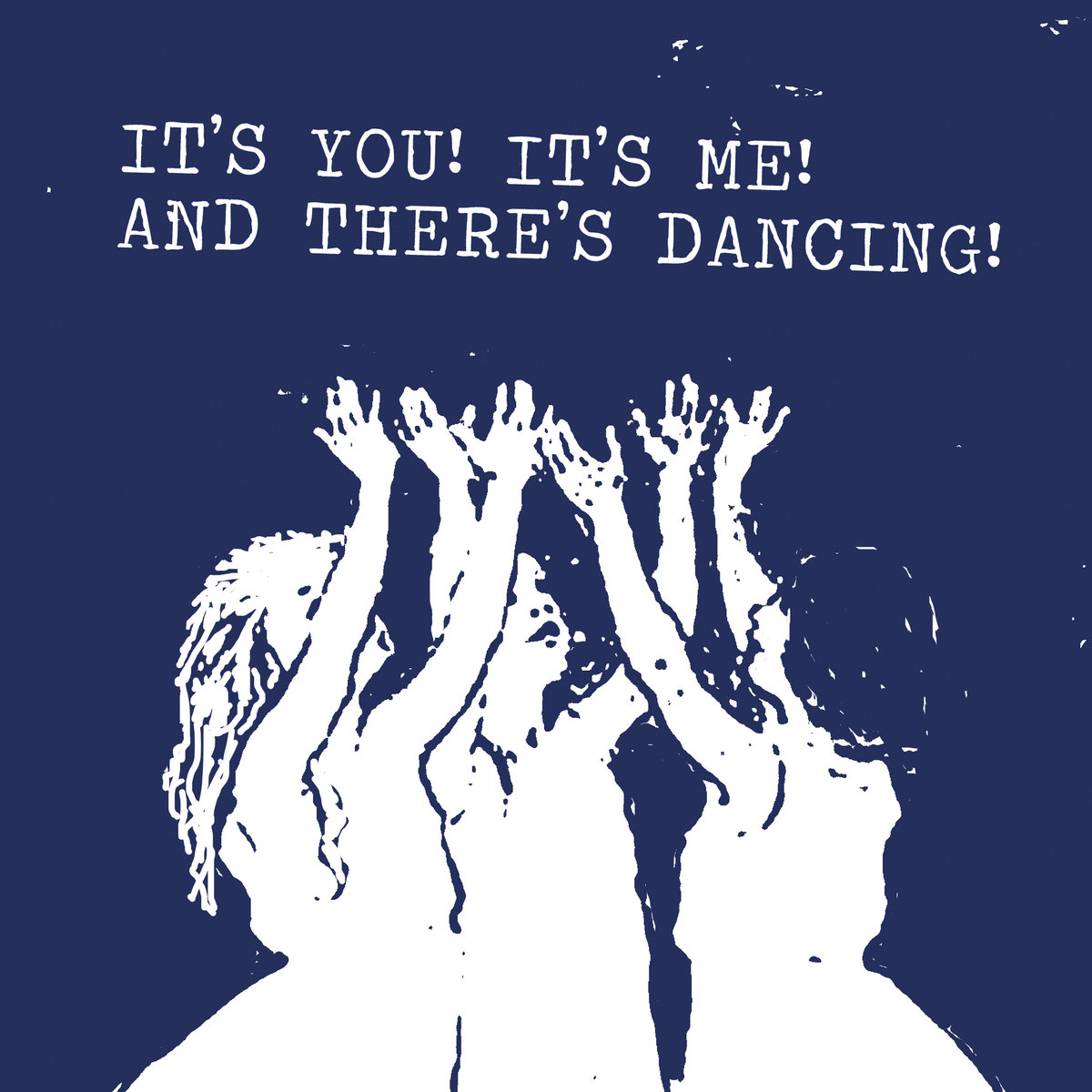The State of Pop Music
/Stop me if I sound old.
As we find ourselves on the precipice of fall, I defy you to tell me what the “Song of the Summer” this year was. I know that’s a nebulous term that can range from something as concrete as the most-streamed song in a three-month window to something as personal as your favorite song of the season. In fact, some people insist the Song of the Summer doesn’t even need to be released this year, a categorization that I personally reject. And that’s kinda what I wanted to talk about: where are the songs this year? Hell, what are the songs this year?
Sure, I have my fair share of summer bops I’ve had on repeat, but these are mostly smaller songs from indie labels and DIY acts. It might be hard to believe, but not too long ago, I was “tapped in” to popular music. My annual summer playlists were vast tapestries of culturally-relevant hip-hop and vibrant pop tunes. Back then, it felt like there was ubiquity to these songs, which meant that the playlists practically made themselves. You heard these songs coming out of car windows and venue speakers. You saw clever lines turned into memes, and music videos became internet-wide events. Now? I have to go to Billboard just to see what’s charting because I’m that far out of the loop. I guess what I’m saying is I used to be ‘with it,’ but then they changed what ‘it’ was. Now what I'm with isn't it, and what's ‘it’ seems weird and scary to me, and it'll happen to you, too.
Maybe I am just Grandpa Simpson-ing, but I think there’s something deeper going on here. Just look back at the oft-cited summer of 2016 and compare it to this year’s offerings. Six years ago, summer gave us (arguably the last great) landmark albums from big-name acts like Kanye and Drake. DRAM had “Broccoli,” and Rae Sremmurd had “Black Beatles.” Gucci was home, and Frank Ocean was back. Travis Scott and Schoolboy Q were mounting their careers with Birds In The Trap Sing McKnight, and Blank Face. Chance the Rapper followed up his smash hit Acid Rap with the great-but-not-as-good Coloring Book. Young Thug was on a tear of stellar EPs, and Lil Uzi made himself a household name with Vs. The World. Both Lil Yachty and 21 Savage introduced themselves to the world in earnest. It felt like an exciting time to be following popular music, and I don’t think that’s just nostalgia.
On the pop side of things, 2016 is still the last time we heard from Rihanna. Beyoncé was making headlines with Lemonade, and The Weeknd was following up the smash hits of Beauty Behind the Madness with the slightly poppier Starboy. Whether you like them or not, 2016 also birthed “One Dance” by Drake and “Closer” by the Chainsmokers, two songs remarkable if only because of how many records they set and how long they hung around the charts.
To be fair, within the pop/hip-hop dichotomy I tend to fall more on the hip-hop side, so maybe I just have a myopic view of culture. To me, XXL’s 2016 Freshman Class is a perfect example of how the year was a peak for the genre, at least on some level. Meanwhile, what popular artists released music this year? Lizzo? Harry Styles? Yeat? Put a gun to my head, and I couldn’t even fake hum a single melody off Harry’s House, and I bet you can’t either.
Maybe I’m just checked out of pop culture, but I’d argue that there hasn’t been any legitimately unifying pop music since 2019’s “Old Town Road.” Hmm, what ever could have happened in 2020 that altered our sense of community?
I’ll admit, within my personal music listening over the last couple of years, I’ve noticed a decreasing emphasis on “popular” music in general. I say that not to sound cool or above it all, but because I legitimately don’t know what counts anymore, and that’s a problem. I wasn’t invited to every single party in college (shocking, I know), but even then, I could be anthropological about it. Especially throughout the middle and late 2010s, it was so easy to troll subreddits and Twitter to gauge what people were excited about. Now it feels like the whole of culture has shifted to something far less unified.
Maybe that’s good. I’ve written before about the death of The Monoculture. Never again will we have a large-scale unifying act like Nirvana that comes in and shakes up the entire music industry, if only because there’s less to shake up. Music in 2022 is competing with the return of movies, a constant barrage of streaming TV shows, and of course, the ever-present deluge of social media. It’s a war for attention, and music doesn’t always win that fight. That’s not to mention how streaming services have made music consumption more on-demand and egalitarian than ever before. No longer are we beholden to what radio stations and MTV will play for us, and I think that’s unequivocally a good thing.
The flip side of this is that there are far fewer universal touchpoints than ever before. Drake, once the biggest artist in the world, is now about four albums deep on a string of releases designed to juice up streaming numbers with bloated tracklists and middling, inoffensive buffet-style artistry. Come in, take what you want, throw it on a playlist or two, and get the fuck out. No questions, no customizations, and no quality control. Look no further than the number one global artist on Spotify right now: Ed Sheeran, the musical equivalent to a Great Clips haircut.
I’m not even trying to shit on pop culture; just asking, where is it? It feels like the pandemic has irrevocably stifled culture as a whole on some level. Just look at everything vying for our attention; it’s never been easier to tune out individual pieces of culture if you don’t like them, even culture as a whole to some degree. What I’ve found is that when social life was sapped and reset to zero in 2020, it felt like there was less incentive for me to keep up with culture. Not only that, but there was less culture to keep up with.
I look back on my “Summer 2020” playlist as an exemplary relic of this time. A hilarious attempt to cobble together a string of hip-hop and pop hits of the era where each entry feels like a palpable shrug of ‘I guess…’ You’ve got “Toosie Slide,” “Rockstar,” and “WAP,” but man, who cares? I guess “WAP” is still pretty good and made a decent cultural impact, but that’s about it.
Summer 2021 I tried even less, mostly just filling the lineup with songs that felt like they “should” be on a summer playlist. I still remember thinking, “I guess this new Lorde song counts,” and “people like this Megan Thee Stallion song, I think.” It was all a fool’s errand: trying to capture a moment in pop culture that never really existed.
That’s why this year, I just threw on songs I liked that seemed to capture the summer vibe. I don’t care if only a few thousand people ever listened to the new Camp Trash album; those songs are summer to me. And that’s the dilemma with most “Song of the Summer” entries; is it the culture’s song of the summer or your own?
Summer aside, I’ve felt less and less incentivized to keep up with pop culture as a whole over the last year or so. Maybe it’s just my age (hello, 30, I see you peeking over the horizon), but I've come to realize how ephemeral all this is. When people were rallying around “Old Town Road” back in 2019, it felt like an event. When people discuss the 2016 XXL cypher with Kodak Black, 21 Savage, Lil Uzi Vert, Lil Yachty, and Denzel Curry, it feels like a shared cultural touchstone. Be honest with yourself: how many of those touchstones have you felt over the last two and a half years?
I’ll still check out the occasional “big name” pop album just to see if anything grabs me, but more often than not, I’m left with a feeling that it’s missing something. I listened to the new Weeknd album earlier this year and thought it was pretty slick and cool sounding, but I don’t think I’ve returned to it since February. Beyoncé dropped an album in July that I still haven’t listened to and feel zero pull towards. And apparently Harry Styles is doing like fifteen nights of shows in California, so I guess someone has to be listening, right?
There’s an odd symbiotic relationship between albums of this scale and people’s embrace of them. That kind of goes without saying (and technically could apply to any genre), but follow me here. To borrow a parlance from Stan Twitter, if an artist puts out an album and nobody listens to it, the record “flops.” It takes support and fandom to keep a piece of art relevant. But the symbiotic part comes in the form of affirmation and re-engagement. If I listen to a song and the chorus gets stuck in my head, I’ll probably want to go listen to it again later. If I am keeping up with an album’s rollout and hear the lead single while I’m out in the world, I’ll be more drawn to it in the future. If I recognize the song used in the background of a TikTok or some meme, I’ll feel a sense of payoff, as if my previously committed attention has been rewarded.
Where is that connective tissue in 2022? Maybe it’s just harder to find in the ever-splintering media landscape, but it feels like few of these culturally-sustaining practices exist now. For an old fart like myself, it turns out I’m perfectly content to just stay in my realm of whiny emo and dumb indie rock. After all, what reason do I have to keep up with what’s popular? Furthermore, why would I listen to something that’s “popular” when it doesn’t feel like it is?
And therein lies the problem: the feeling of popularity. That’s the draw of most pop music on at least some level; the knowledge that you’re participating in something bigger than your specific taste. You’re joining a club of millions, a worldwide network of people bonded by a specific chorus, verse, sound, or person that you all share an affinity for. That’s a hard thing for me to feel in 2022.
Pop music needs to be more than just catchy and well-made in order for it to succeed; it actually needs to be popular. That’s a harder and harder thing to achieve in an increasingly fragmented world. I’m more than willing to throw on some bland, common-denominator music if it gives me some sense of connection to the larger pop-culture sphere, but either my time for that phenomenon has passed, or the world has become too divided for that magic trick to work any more. Maybe both.



















